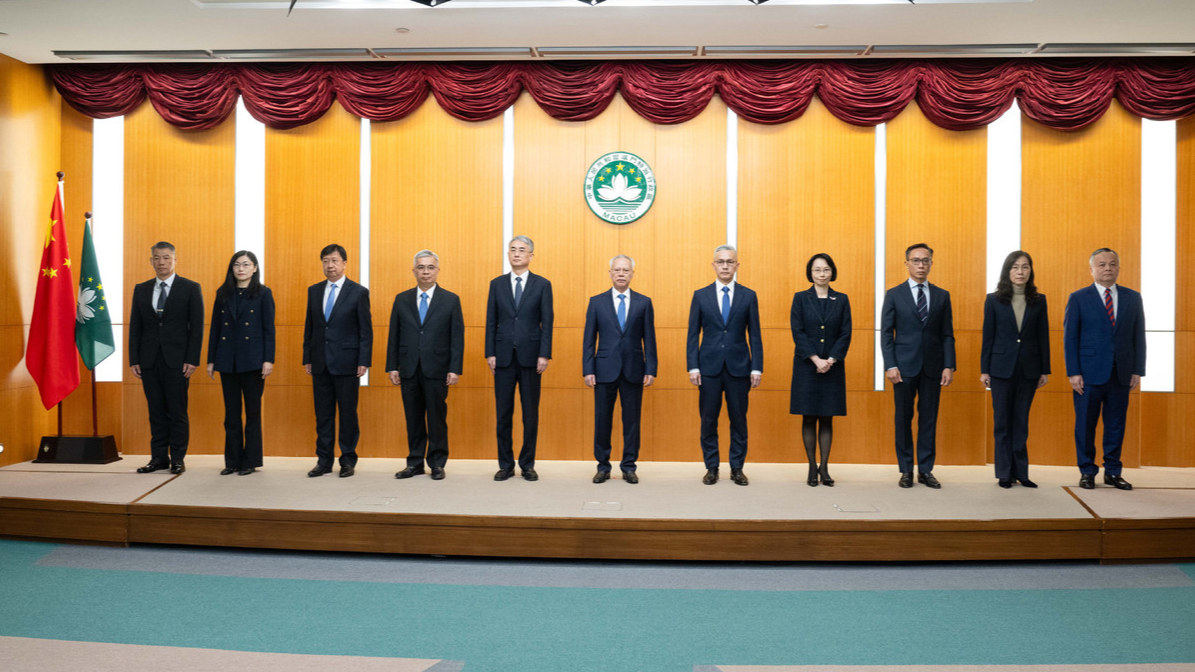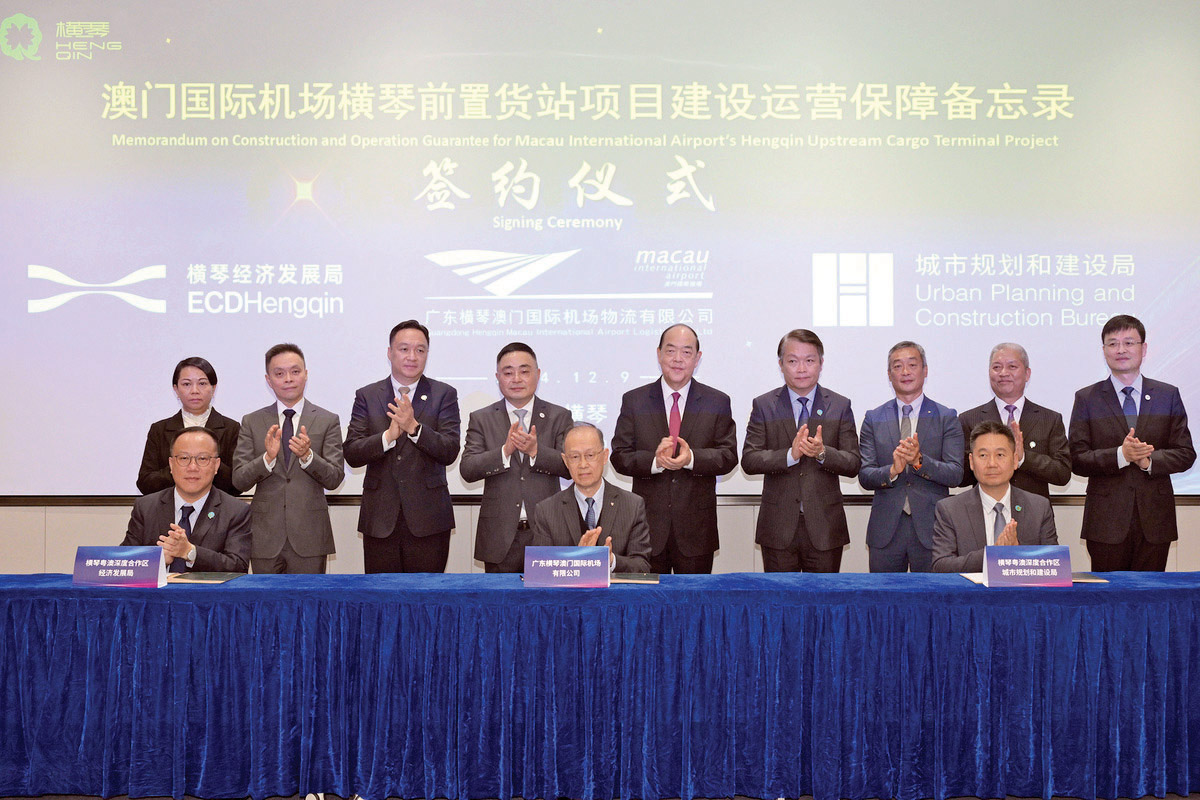SAR’s incoming leader hails ‘one country, two systems’, saying it has proved a great success

Macao will further advance the practice of “one country, two systems” to achieve greater success in the special administrative region (SAR) and contribute to the nation’s modernization drive, Sam Hou-fai, Macao’s incoming chief executive, told China Daily.
The former president of Macao’s Court of Final Appeal will start his five-year tenure on Dec 20, the day the SAR celebrates the 25th anniversary of its return to the motherland.
Sam said that under the “one country, two systems” policy, Macao has developed for 25 years and Hong Kong for 27 years, and the practice proves that the policy suits the country and the two SARs, and is beneficial for national unity and security.
To leverage the advantages of “one country, two systems”, the greatest priority is to safeguard the country’s sovereignty, security, and development interests, he said.
“The central leadership’s support provides us with the confidence to achieve greater success in implementing ‘one country, two systems’ in Macao,” Sam said.
At the same time, the country is pushing forward with further comprehensive reforms and promoting Chinese-style modernization, creating broad space and opportunities for the future development of the SAR, he said.
“In this process, we should effectively utilize our unique strengths to contribute to the country’s modernization efforts,” he added.
Macao will continue to create a transparent and fair environment to attract foreign investment in high technology, and to attract and retain advanced expertise and talent, Sam said.
It can also leverage its connections with Portuguese-speaking countries to promote cooperation in areas such as technology, finance, trade, and culture, said Sam, who is fluent in Portuguese, one of the SAR’s official languages.
The new government is considering establishing a cultural hub that blends Eastern and Western cultures that will also include tourism projects to attract more visitors, according to Sam.
As a trade channel between China and Portuguese-speaking countries, Macao can also assist manufacturing companies, electronics enterprises, and new energy companies in the Guangdong-Hong Kong-Macao Greater Bay Area in expanding their presence internationally, he said.
Macao can also be a bridge for coastal provinces like Zhejiang that excel in fishing, since it can assist them in expanding their reach to many Portuguese-speaking countries, most of which are coastal nations with rich fishery resources, to support their development, he added.

The need for Macao to make more efforts to diversify its industrial structure to reduce reliance on a single industry is a consensus among various sectors of society, and issues including improving the operating conditions of small and medium-sized enterprises are also of significant concern to residents, Sam said.
Macao is no longer a city driven primarily by its casino gaming industry, as the special administrative region is making efforts to diversify its industrial structure to reduce reliance on a single industry, said Ho Iat-seng, chief executive of the Macao SAR, who will complete his term before the end of this month.
Last year, the gaming industry recovered to about 75 percent of its 2019 level, yet it accounted for only 37.2 percent of Macao’s GDP, while the non-gaming sector exceeded 60 percent, Ho told China Daily in a recent interview. “It means that we’re shifting away from a gaming-dominated economy,” he said.
Ho, who took office in December 2019, made the promotion of economic diversification a top priority in governance during his five-year tenure, as the city realized the risks associated with relying on a single industry.
Following the revision of gaming laws in 2022 to better regulate the industry, Macao’s casino operators committed to investing a total of 118.8 billion Macao patacas ($14.8 billion) over 10 years, with the investment in non-gaming projects being 10 times that in gaming projects. The objective aims to support the diversification of Macao’s economy, Ho said.
Contact the writers at zhangyi1@chinadaily.com.cn


